I always thought the worst PC I ever built was my first-ever build back in 2007. It was certainly the weakest in terms of performance, rocking just an Intel Core 2 Duo processor and no discrete GPU. When I started thinking about all my builds for this article, however, I realized the worst machine I built wasn't the weakest one, but the one where I made all the wrong choices.
The 2020 pandemic build that I put together for my brother takes the cake for my worst showing — a $700 PC built with a mix of new and pre-owned parts, and plagued with a lot of bad decisions. The lockdown played a role in how the PC turned out, but I'd be lying if I said most of the faults weren't of my own making.
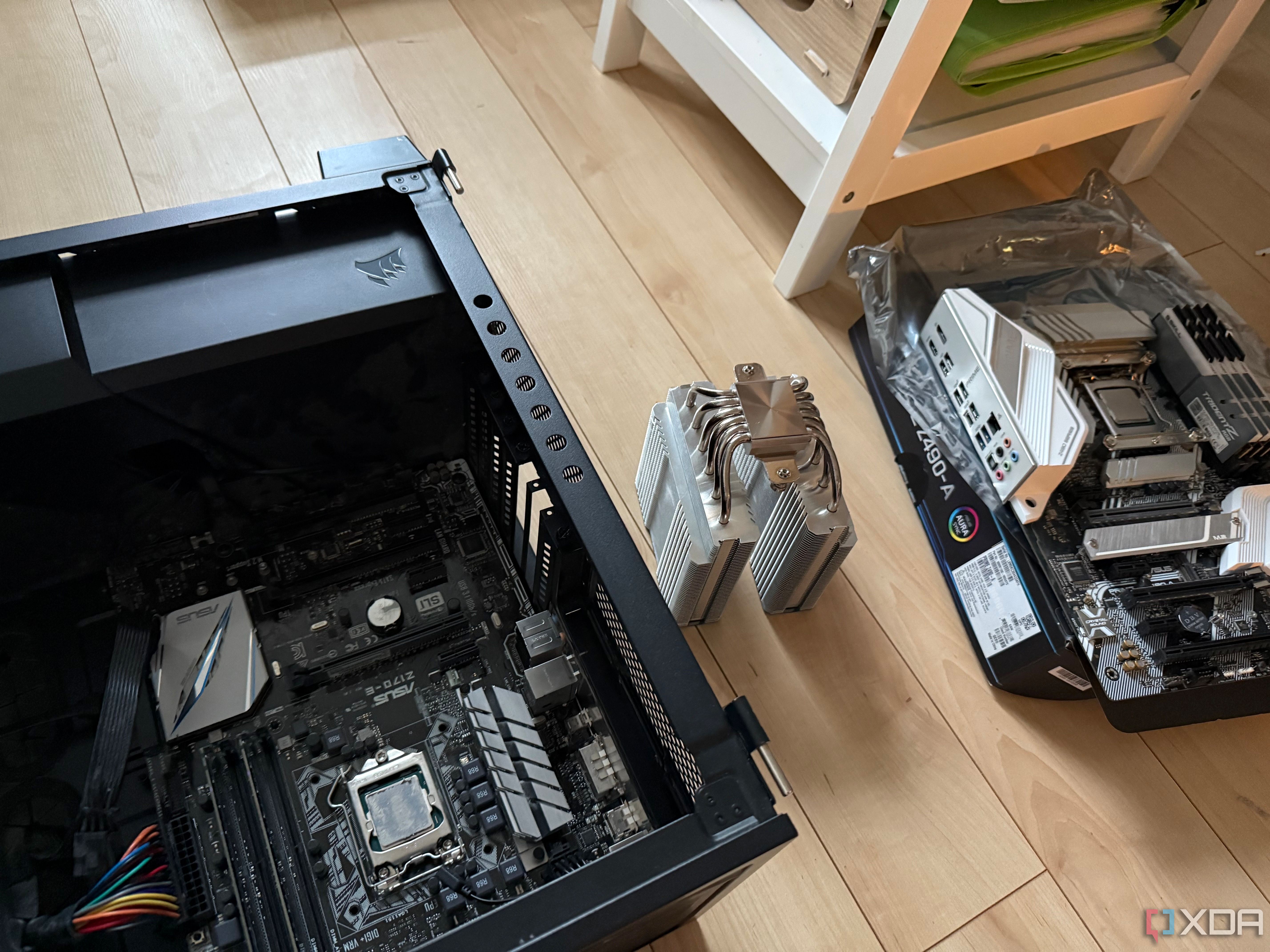
Related
5 horrible PC building choices that still keep me up at night
I lose sleep thinking about these PC building blunders, but you don't have to
The focus on saving money was shortsighted
I should have spent more on the core components
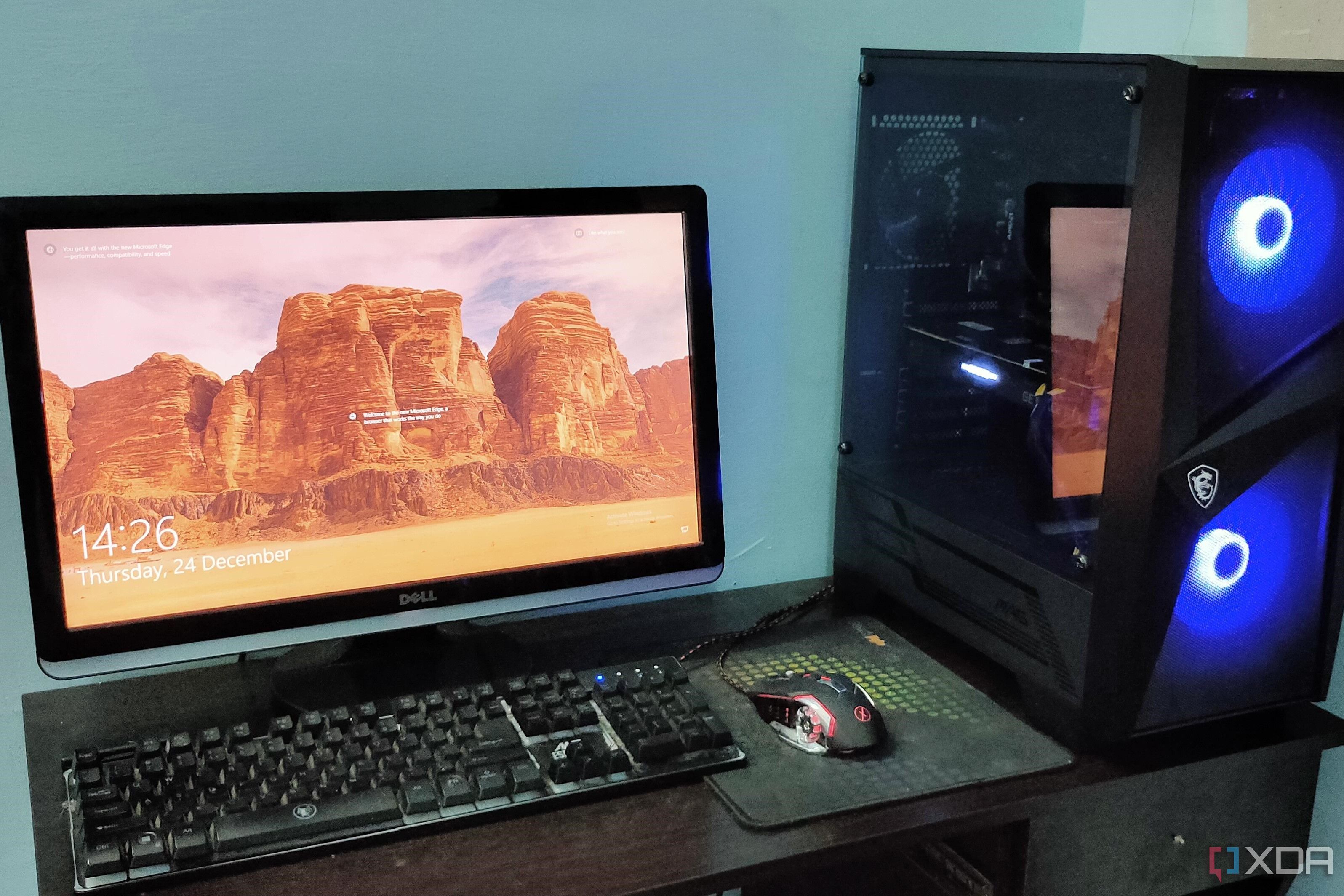
So, it all started with the plans for a birthday present for my brother, and fellow writer at XDA, Samarveer Singh. In the months approaching December 2020, we were researching the components for a budget gaming PC. I had a small budget of $400 in mind, so I was aiming for parts like the Ryzen 3 3100 and the GTX 1650 Super. It all changed, however, when Samarveer's friend offered him his old Ryzen 5 1600 for this birthday build.
Now that we had effectively gotten a free CPU, we decided to spend much more on the GPU. Going pre-owned for the graphics card wasn't the plan, but when we saw a great deal for an Inno3D RTX 2070 Super, we couldn't let it go. Now, the problem here wasn't with the 6-core Ryzen 5 1600 — it was only a 3-year-old CPU in 2020, and perfectly fine for a budget gaming rig. The fact that we couldn't properly test the RTX 2070 Super before buying it proved to be undoing.
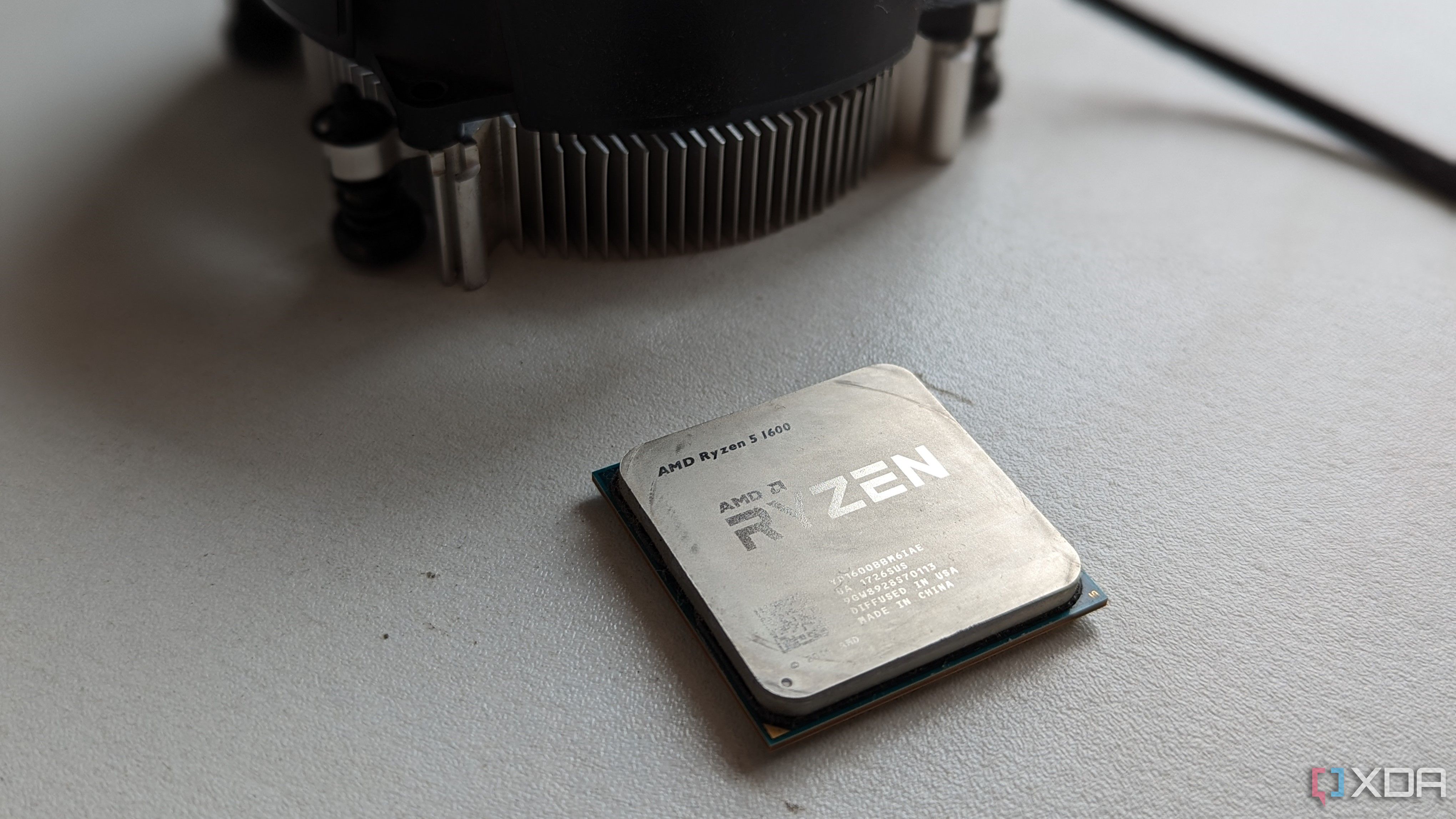
Due to the lockdown restrictions, we couldn't risk testing the card in person, so we had to take the seller's word based on the screenshots he shared from some GPU stress tests. The card looked physically fine, and the seller had the original invoice and the box as well, so we decided to take a bit of a leap of faith. We built the PC together, and ran Cyberpunk 2077 (without ray tracing), which worked without any problems.
Around a year later, however, the GPU died out of the blue after launching Dying Light 2 for the first time. Maybe it was a mining card's first brush with serious ray tracing, or a freak occurrence, but we could never revive it. My brother switched to the old GTX 1660 Ti we had before building a new PC — with all new parts this time — in mid-2023.
Buying a pre-owned GPU wasn't a mistake; it was going ahead with the sale without proper due diligence. In such cases, it's better to buy a new GPU or at least a pre-owned card with some warranty left. The prices of GPUs in late 2020 were far from ideal, but barring such cases, you should buy a used GPU only if you can fully test it, or when there's some form of buyer protection involved.
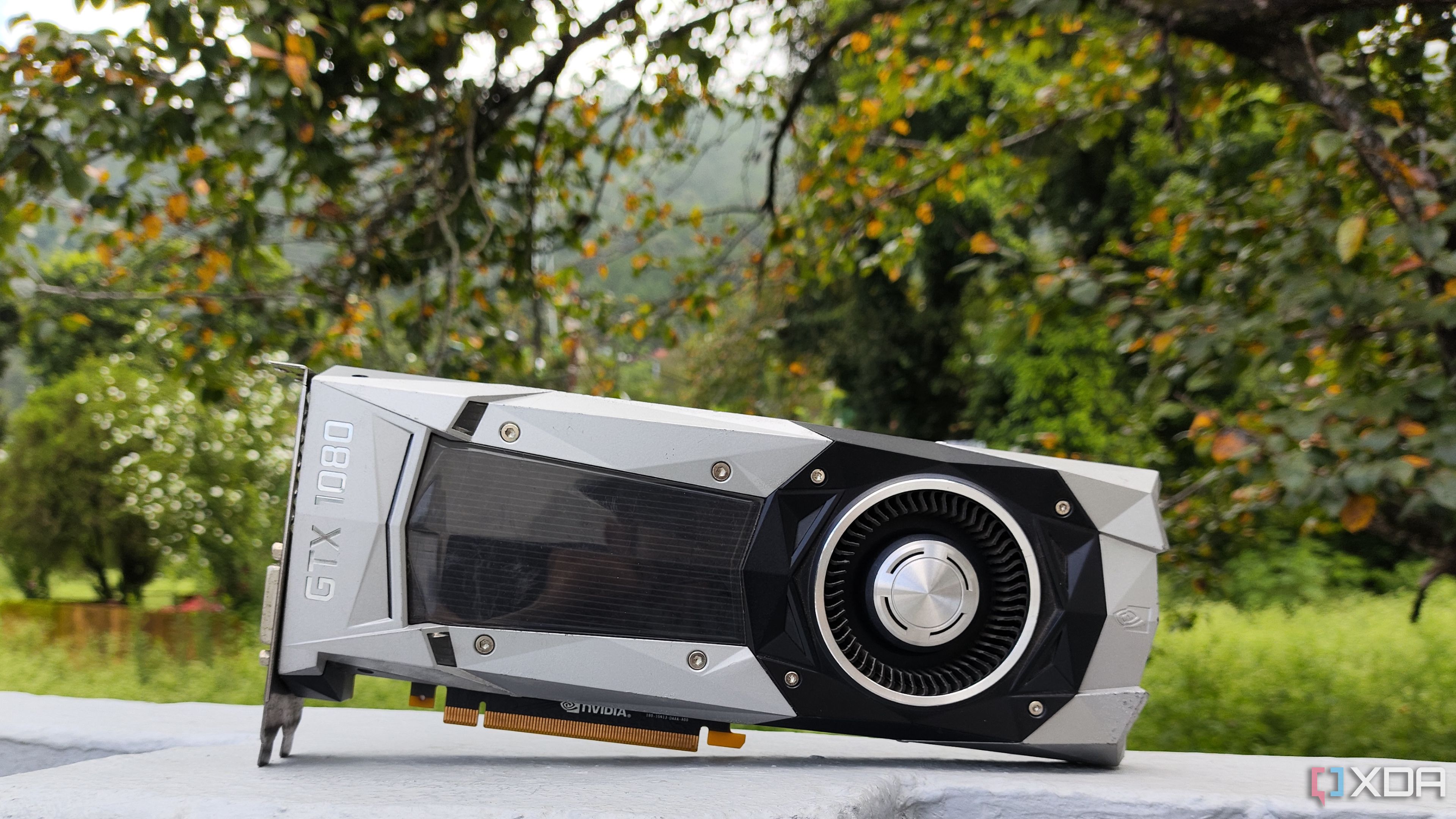
Related
5 scenarios when buying used PC hardware is a bad idea
Used PC components can be great value, but some situations are worth walking away from
I bought new storage, but not the right drives
Used drives aren't the only ones you should avoid
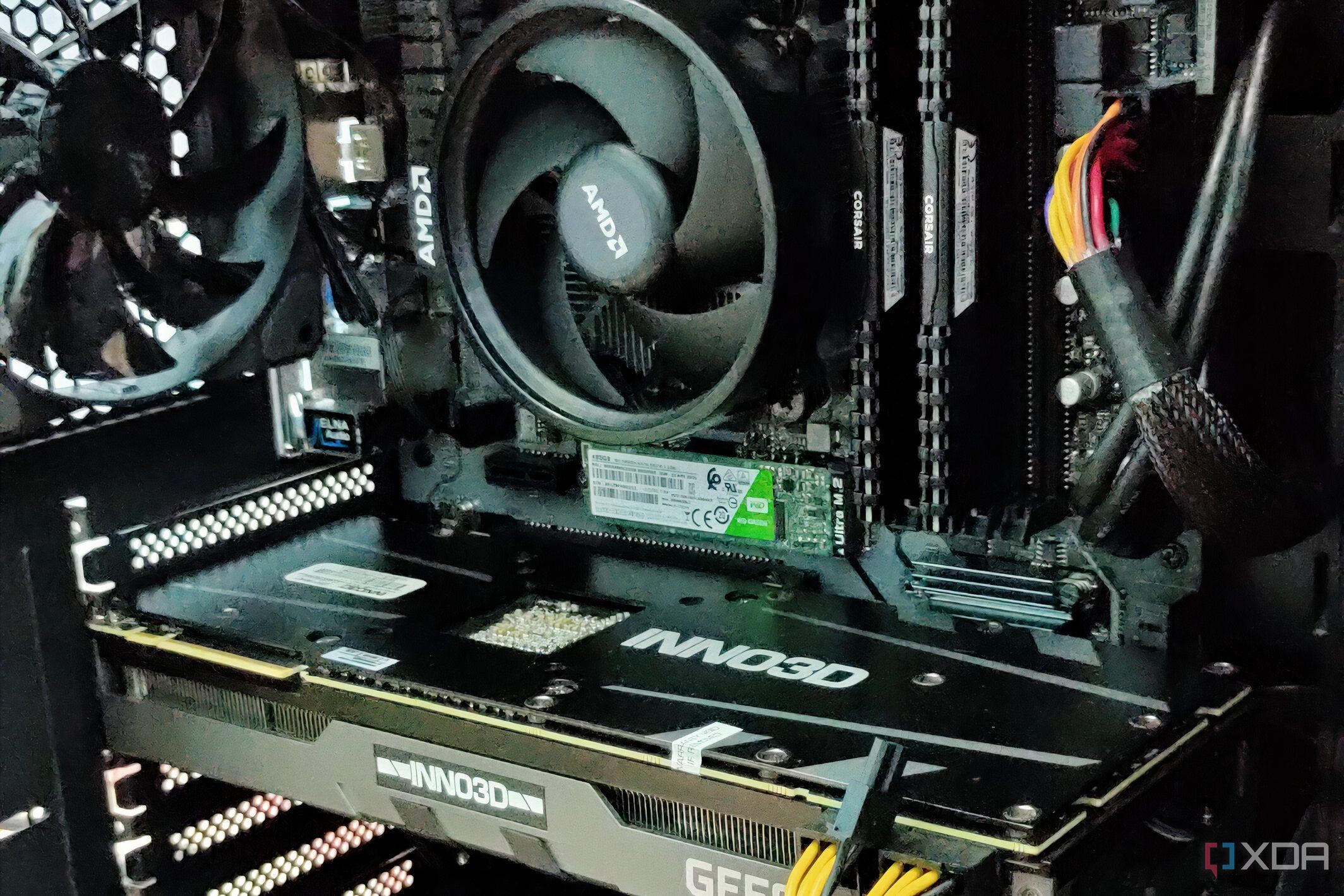
I had spent around $300–$350 on the pre-owned RTX 2070 Super, so my focus was on buying cheap in every other department. The Ryzen 5 1600 had a stock cooler, so that saved us some money, but we still needed a motherboard, RAM, storage, and a power supply. I decided not to go for used storage drives to avoid bad sectors and other hidden faults, but the ones I picked weren't that much better.
I finalized a 500GB WD Green M.2 SATA SSD and a 1TB WD hard drive. For starters, the WD Green is one of the worst-performing SSDs you can get. It started exhibiting slowdowns in only a few months when opening files or launching programs. I didn't even save much by opting for a cheap SSD, but the performance drawbacks turned out to be huge. And picking a hard drive in 2020 for storing most of the games wasn't exactly a great decision.
Since the SSD was short on capacity, the hard drive had to house most of the massive games my brother played. I might have saved some money by cheaping out on the storage, but the gaming experience suffered a lot. I realized I should have managed the budget better by buying a faster and bigger SSD and cutting costs elsewhere — a slightly weaker GPU or cheaper case could have done the trick.
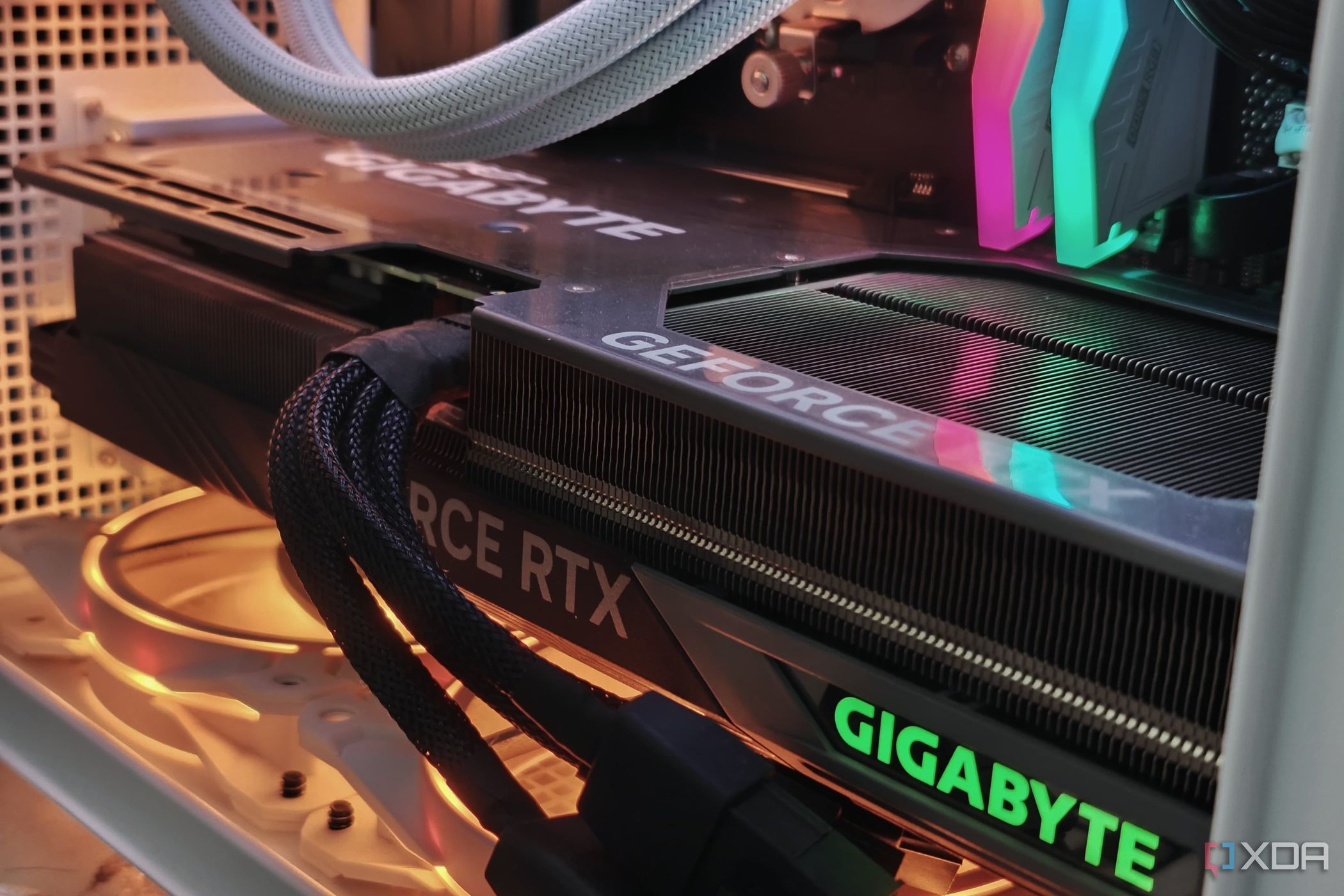
Related
5 PC components that are safe to buy used to save you money
Tread carefully while chasing deals in the used PC components market.
The PSU was one of my worst picks
It could have exploded in my face
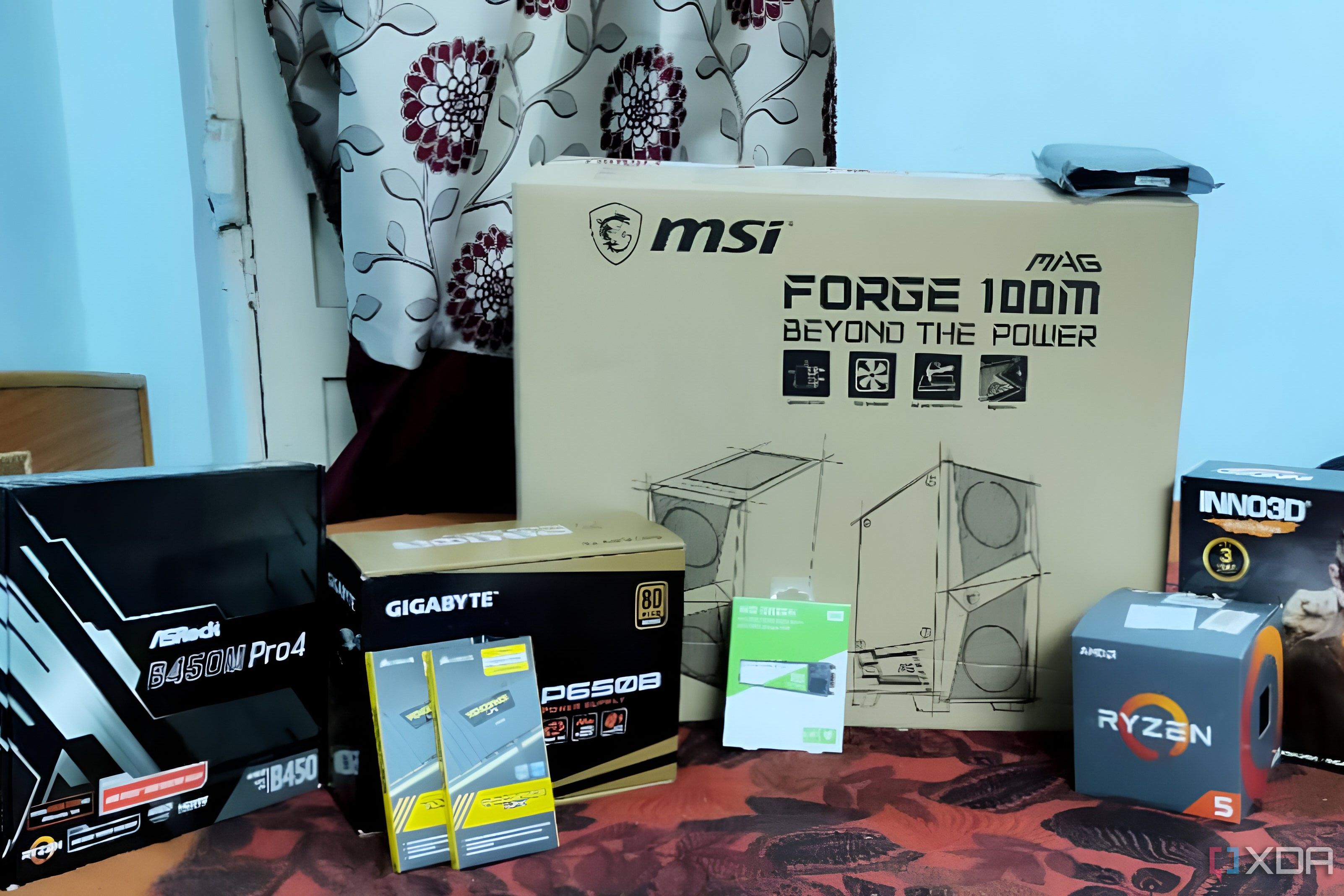
After picking a microATX motherboard from ASRock, two 8GB sticks from Corsair, and a case from MSI, all that was left was choosing the power supply. Again, we didn't have the flexibility to go for a Gold-rated unit from one of the biggest brands in the space, but I should have still avoided the Gigabyte P650B. This series from Gigabyte was known for its unreliable build quality and bad user reviews. If only I had researched more, I would have known to stay away.
The Gamers Nexus exposé hadn't happened yet — that was still around 8 months away — but the user accounts on these PSUs were pretty easy to find. When news of Gigabyte's exploding PSUs broke, I was relieved that nothing bad had happened to my brother's PC yet, but it was a wake-up call to replace the unit ASAP. Cheaping out on the power supply is one of the worst purchase decisions you can make when building a PC. Even if you're on a tight budget, spending extra on the PSU for peace of mind is priceless.
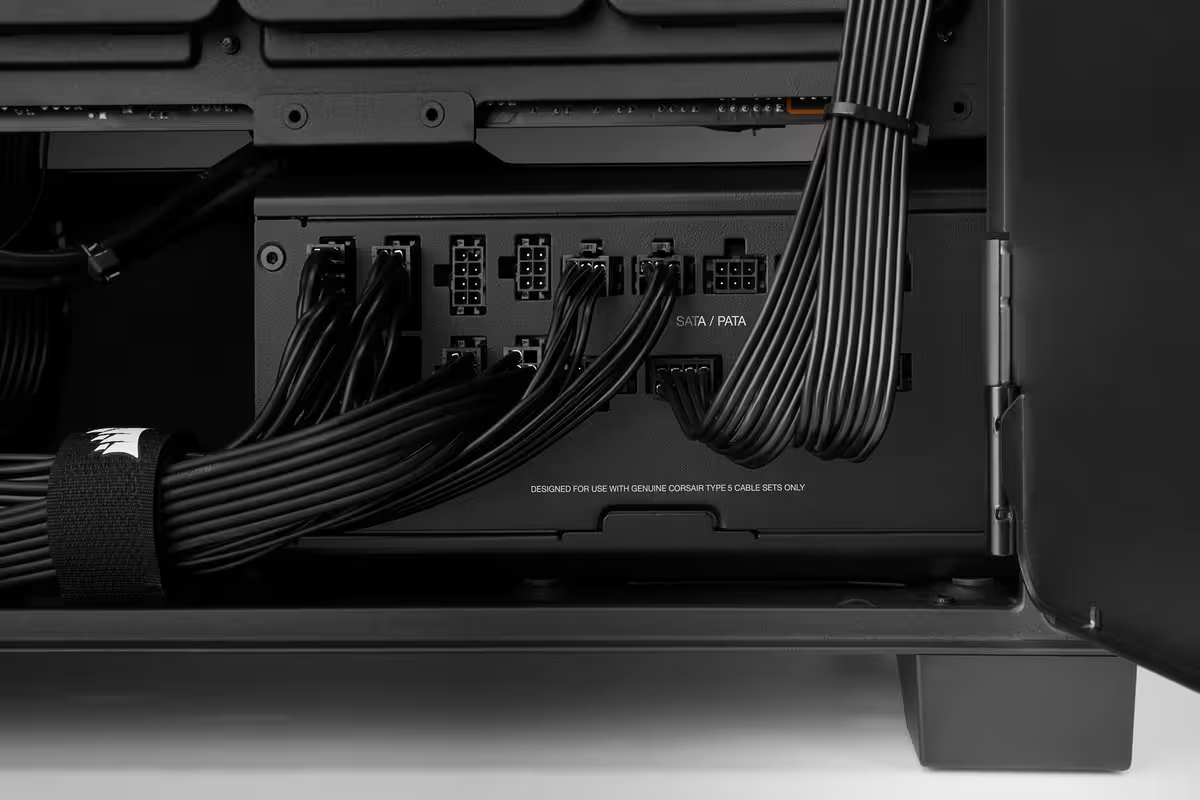
Related
My PSU just blew up - here's what I'll do to avoid that happening again
My PSU blew up after less than five years, and it changed how I'll approach PSUs forever.
You always have a choice
No matter the budget, you can always make better choices when picking PC components for a new build. Cheaping out on key components like the power supply, SSD, CPU, and GPU can cost you a lot more down the line. A budget gaming PC doesn't mean your gaming experience has to be poor. If your expectations are real, even an affordable rig built with used components can feel great, provided you save money in the right departments.
.png)











 English (US) ·
English (US) ·